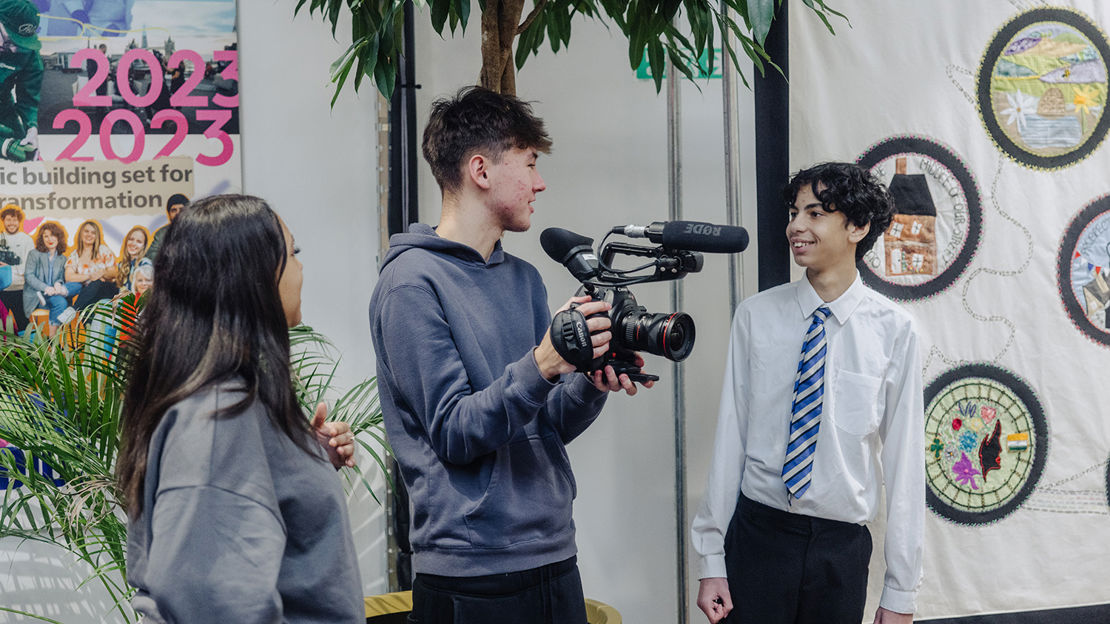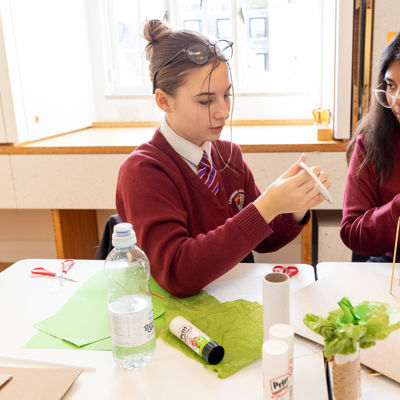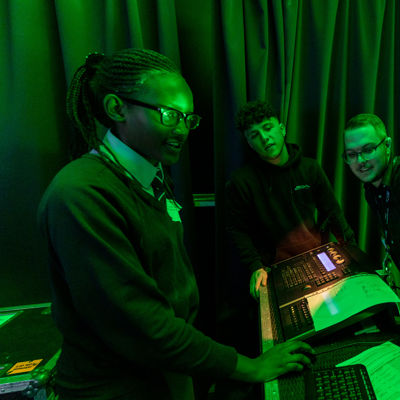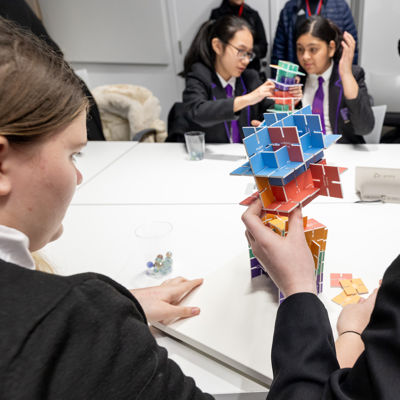Every young person should feel that a meaningful, rewarding creative career is open to them. However, recent research shows that 75% of young people want to get into the creative industries but don’t know where to start; and almost a quarter of parents and carers would prevent their children from taking a creative job.
This programme aims to reverse that trend in England. The value of direct encounters and experiences should not be underestimated, and over the past five days, more than 100 companies have taken part in activities to engage, inspire and encourage young people to actively consider a career in this industry and help build a highly skilled, inclusive workforce for this sector. A workforce that doesn’t only make animation, film and TV; but codes games and produces visual effects; designs buildings and costumes; publishes novels and plays. The career opportunities are almost infinite and Discover! Creative Careers is helping to ignite that initial spark of curiosity.
This week has seen workshops and other events held across the UK by partners including the Royal Institute of British Architects, Framestore, Create Studios (Swindon), Madame Tussauds (Blackpool), the Shakespeare North Playhouse (Prescot) and the BOA Stage and Screen Production in Birmingham. And to complement this face-to-face engagement, Speakers for Schools has delivered a virtual programme of workshops, talks and activities with a range of employers including Sky Studios, Cockpit, Factory International, Get Into Theatre, Fane and The Lowry.
I am particularly pleased that there were also several opportunities for students with special educational needs (SEND) including an online workshop with Leeds Museums and Galleries reaching over 550 young people, a workplace workshop with Blue Zoo Animation with a group of 10 students, a Framestore workshop day and an online insight with Newcastle Castle.
Personally, being part of this level of in-kind support, partnership and collaboration has been inspiring. For ScreenSkills, seeing so many young people from diverse backgrounds and communities participating across England is heartening. Ultimately, making the creative industries the most diverse and inclusive sector is good for creativity, the economy and for the UK globally.



